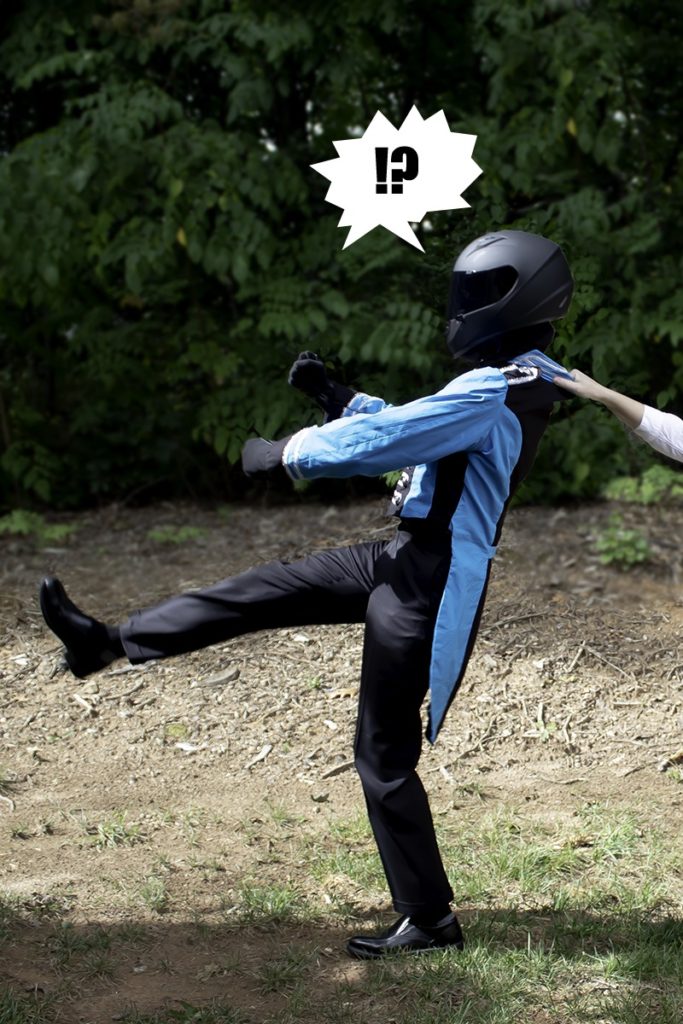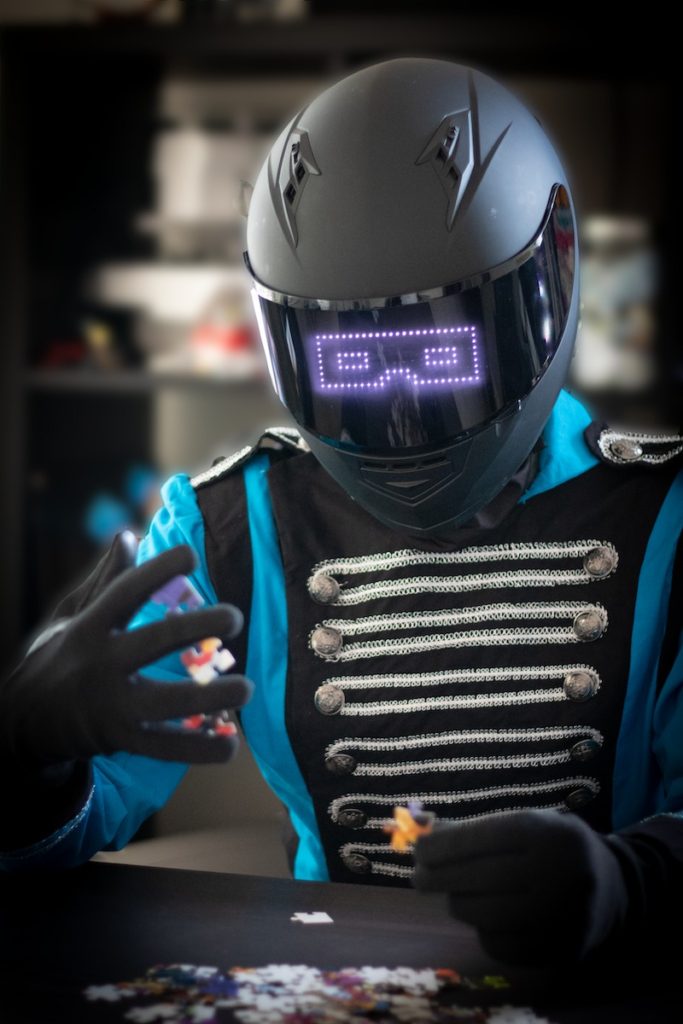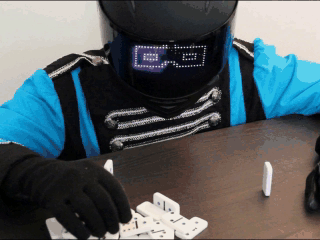A fan of this blog, Jamie L., sent me a question:
Hey I’m new to online diplomacy myself and recently discovered your blog during quarantine. I feel it’s already helped my game a lot.
My question regards going for the solo victory. In a couple games recently I’ve run into the situation where I take the early lead with eight or nine centers and the other players quickly work together to put a stop to this. So my question is how do you position yourself in the early game to go for a solo without drawing too much attention and having alliances form against you. Thanks!
This is a great question Jamie, one I’ve been asked many times by other players! I’m impressed that you’ve already started thinking about the problems that arise from pulling into an early lead.
You’ve asked the right person for advice.
The Problem with Pulling Ahead in Diplomacy

Jamie, your quandary is a common one, and is a consequence of the way the game of Diplomacy is designed. Although there is no hard rule on how many units are necessary to successfully take the offensive against the entire board, the number 14 is a decent estimate.[1]Please, please, please do not interpret my words as saying that you need exactly 14 units to go for a solo win. That’s not what I mean here. With the right board and the right power, you could attempt a solo win with as few as 9 or 10 units. And there are times when even 16 or 17 units cannot … Continue reading With a mere 8 or 9 units, it is typically unrealistic to fight all the remaining powers on the board (who will necessarily control between them 25 or 26 units, a collective strength more than triple what you have).
Because 8 or 9 units is not enough to fight everyone, you still need the cooperation of other players on the board to continue expanding. But pulling ahead of your rivals (let’s say, your 9 centers to their 6) is hardly the way to secure that cooperation. Your rivals also hope for a shot at winning or a share of the draw, and they may view your power as a threat to those hopes.
Superficially, this seems like an unresolvable conflict. You have an incentive to keep getting stronger, and your rivals have an incentive to keep you from getting stronger. But let’s consider the situation more deeply. Try pondering these puzzles:

- Why would other players want to cooperate with me when I have 9 centers? In other words, what’s in it for them to see my center count grow even higher?
- What can I offer to my rivals to incentivize their cooperating with me? Is there anything I can do for them to meet their needs?[2]To read more about how I learned to think and communicate in terms of “meeting needs,” read my article 6 Ways “Nonviolent Communication” Will Improve Your Press Diplomacy.
- Is there a way I can increase my power without increasing my center count? How can I disguise my strength on the game board with no hidden information?
These questions are not easy to answer: the answers will depend on the particular match that has unfolded, and most especially on the attitudes of the players involved. However, I have some tips that work more often than not!
So, how do you get strong without getting scary?
How can you keep growing in power without uniting the entire board against you?
Puzzle 1: Why would other players want to cooperate with me when I have 9 centers? In other words, what’s in it for them to see my center count grow even higher?
Solution: Raise Your Allies’ Center Counts as Well as Your Own
Here’s a simple solution to your problem: do not go far into the lead until you are ready to attempt a solo win. Try to keep at least one or two other players within one-to-three points of your own center count. That way there is more than one player who seems scary, and the attention will not be focused all on you. Also, players who are at roughly the same count of centers as yourself may decide to focus on their own expansion instead of hindering yours.
It’s okay to help others make the climb!
You can shove them off a cliff later….
Although it may seem advantageous to capture a lot of centers early on, Diplomacy is fundamentally a political and strategic game. Getting more points and increasing your score early in the match is not a wise move if it alienates players whose cooperation you need long term.
In fact, helping an ally expand at roughly the same rate as yourself (or helping them catch up to your score) can be a great way to secure the loyalty of that ally. Down the road, you might get a great opportunity to backstab that loyal ally and go for a solo win!
Puzzle 2: What can I offer to my rivals to incentivize their cooperating with me? Is there anything I can do for them to meet their needs?
Solution: Find or Create Rivals Who Want to Supercharge You

Although we can presume most players, most of the time, do not want a rival to start dominating the board, there are exceptions. If you realize that one of those exceptional situations applies, you might be able to exploit the moment to continue growing despite going into the lead. (And if you are exceptionally skilled, you might engineer your own advantageous situation!)
The Diversionary Tactician

First, there is sometimes a rival who wants to deliberately supercharge another rival—sometimes any rival, they might not care—in order to shift the attention of the powers that are attacking them. They might help you capture some centers, or focus on regaining their footing by continuing to attack their enemies that have turned around to block you. As they say, the enemy of my enemy is my friend!
Be Warned: such a player’s cooperation might not last once they feel safe from the attackers.
The Home Wrecker

Next, there might be a rival who wants to power you up in the hopes of breaking up your alliance. They’re probably worried about falling victim to a situation like I described in section (1), where a handful of powers grow at a steady rate at the expense of all the rest. To destabilize such an alliance, a savvy player may offer to help one of those powers grow much faster than the rest. Many players would describe the weaker player as offering to be a “Janissary” (more on the terminology below). You could take them up on that offer, gaining cooperation from a weaker power while you pull ahead of all your rivals.
Be Warned: such a player’s loyalty is highly questionable.
The (Self) Hostage Taker

Third, a rival might try a strategy I call “take yourself hostage,” which is when they start ceding centers or important positions to a rival player in order to shake up the alliance structure in the match. This situation is distinct from the previous one because here the rival isn’t just offering to help you, they’re offering to surrender their centers or positions. This is Diplomacy, so of course they might be lying. But they could be telling the truth, as this is a strong strategy (one I personally favor and have had past success with for getting into draws).
Take Notice: if a player is sincere about helping you this way, it will not be easy for them to change sides on whim; this is a good deal if you want to get bigger than the other powers.
The Revenge Seeker

Finally, a rival might be fed up and ready to throw the match, or at least ruin another rival’s game as best they can. There are all sorts of reasons players decide to throw or seek revenge; I won’t catalogue them here. But if a player has truly given up on drawing or winning, they might slavishly carry you from being merely strong (say, 9 centers) to being able to attempt a solo win (say, 14 centers). Confusingly, some players also call the weaker power attempting to throw the match to you a “Janissary,” even though this situation is clearly quite different from being a junior partner in an alliance.
Be Warned: crafty players (such as Your Bored Brother) will pretend to want to throw the game, but in reality are one of the first two types of players who just want to destabilize the board; you might try to ascertain whether a player is really willing to throw by asking them to give you something they’ll never be able to get back!
Puzzle 3: Is there a way I can increase my power without increasing my center count? How can I disguise my strength on a game board with no hidden information?
Solution: Increase Your Strategic Power without Capturing Centers
As I explained in Solo Win Tip #1: Forget the Numbers Game…
[A]ll supply centers are not created equal. Yes, each supply center counts as one “point” towards your 18 and allows you to build another unit—in this respect they are identical and equal. But each supply center is also a position on the Diplomacy board, and in this respect they are each unique and vary wildly in terms of how important they are.
Your Bored Brother
It is possible for one power to be at 8 supply centers and mostly control centers of minimal strategic value or that are not terribly defensible. For example, a German player who controls their 3 home centers, Belgium, Holland, Denmark, Norway, and Sweden appears strong…but has not conquered any rival’s home centers, does not control any corner, and has no consolidated defensive positions.
Another power might control 7 supply centers and be in an extremely strong position. For example, an Italian player who controls their 3 home centers, Tunis, Marseilles, Spain, and Portugal is in an excellent situation for both offense and defense. This Italian has crushed a neighbor, taken over a highly defensible corner of the board, and could expand and/or defend in either the east or the west!
Many players are not wise enough to tell the extreme power difference between the theoretical German and Italian players’ respective positions. They think “Hey, that player has 8 centers, they’re getting strong!” because they used supply center count as a proxy for power.
Exploit that common flaw in other players’ thinking! One supply center of considerable strategic value to you might be worth forgoing two or three other centers of minimal strategic value. There are also strategically valuable board positions that are not supply centers (such as North Sea or Tyrolia) that you can occupy without increasing your “score.”

Once each is placed correctly, knock them down in a triumphant chain reaction.
If you focus on occupying the strategically valuable centers and positions, you can greatly increase your strategic power without scaring players who just count centers. Building up your strategic power this way is like preparing a trap and hiding it in plain sight. When the timing is right, spring your trap on unsuspecting rivals!
Conclusion
For many reasons, pulling into an early lead in a free-for-all game like Diplomacy is fraught with problems. Apparent strength is often strategic weakness! [4]Anyone who has played other free-for-all games (such as the Settlers of Catan) has likely experienced this phenomenon!
Although the conundrum is simple, the solutions are not easy to understand or to execute.
Avoid the open lead while still making progress…
Get exceptional assistance from weaker rivals…
Exploit errors in other players’ strategic thinking….
…these are all easier said than done!
What more can I say? Diplomacy is a difficult game. Indeed, I love Diplomacy precisely because it is so challenging!
I hope you find this answer helpful to you Jamie, and I hope you continue with your interest in online Diplomacy!
If you or any reader is interested in learning more, consider sponsoring me on Patreon. I will continue to create Diplomacy content for as long as there is interest in it, but my fans’ patronage enables me to produce more and better content!
Footnotes
| ↑1 | Please, please, please do not interpret my words as saying that you need exactly 14 units to go for a solo win. That’s not what I mean here. With the right board and the right power, you could attempt a solo win with as few as 9 or 10 units. And there are times when even 16 or 17 units cannot achieve a solo win (obviously, because there are stalemates). To learn more, check out Solo Win Tip #1: Forget the Numbers Game. |
|---|---|
| ↑2 | To read more about how I learned to think and communicate in terms of “meeting needs,” read my article 6 Ways “Nonviolent Communication” Will Improve Your Press Diplomacy. |
| ↑3 | It has come to my attention that my Star Trek II: The Wrath of Khan references are lost on some of my readers. To that I say: (1) Watch the movie. It’s pretty good. (2) To me, Khan, in this film, epitomizes the revenge-seeking maniac. |
| ↑4 | Anyone who has played other free-for-all games (such as the Settlers of Catan) has likely experienced this phenomenon! |
